Apple's own assurances that it is complying with court orders to turn over evidence in a privacy lawsuit are insufficient according to the judge presiding over the case, who has ruled that the company must now turn over all documents related to the matter.
Example of a UDID found in the iTunes device summary tab.
U.S. Magistrate Judge Paul S. Grewal, responding to plaintiff complaints that Apple has withheld documents had been ordered by the court to produce, called Apple's efforts at proving its compliance "unacceptable." Apple waited more than three months after Grewal's November order to verify its compliance.
"Luckily for the plaintiffs," Grewal wrote, according to Bloomberg, "Apple has provided more than enough evidence itself to suggest to the court that it has not fully complied with the court's order. In light of Apple's performance in this case, the court cannot rely on its representations that this time it really has or will produce all responsive documents."
The plaintiffs in the suit allege that both Apple has collected and stored geolocation data on them and others through their iPhones, even when the device's geo-location functions were deactivated. They further hold that Apple allowed third parties to collect iPhone user data and monitor personal information without users' consent. Apple has been looking to block class action status for their suit, claiming that the plaintiffs are unable to demonstrate harm or to even prove their claims.
Apple so far has resisted releasing some documents, claiming that it and its customers might be harmed should the information be "inadvertently released to the public" or fall into "the wrong hands."
Grewal's order calls for Apple to submit a detailed account of its processes in collecting and evaluating the documents it is required to produce. That account must contain search terms used, dates of searches, individuals related to the searches, and the number of documents turned up. Grewal will then review Apple's submission and determine whether the company has made a "good faith and reasonable effort."
 Kevin Bostic
Kevin Bostic
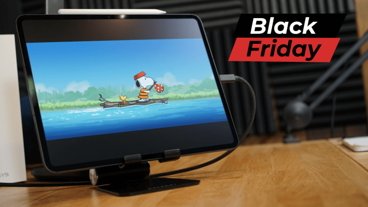
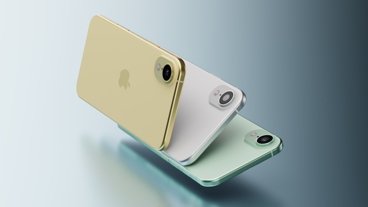
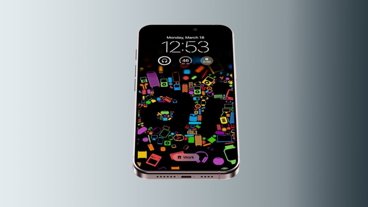
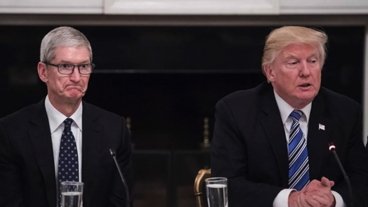



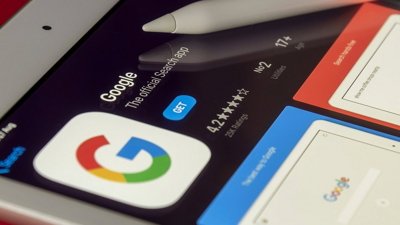
 Marko Zivkovic
Marko Zivkovic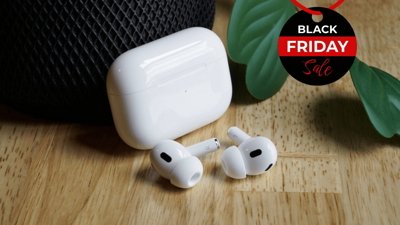
 Christine McKee
Christine McKee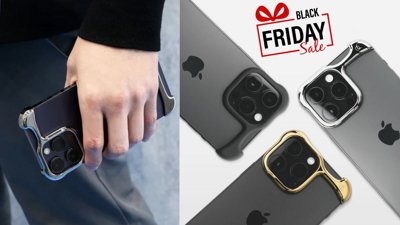
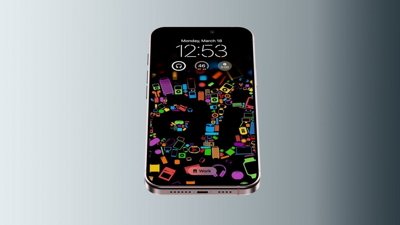
 Malcolm Owen
Malcolm Owen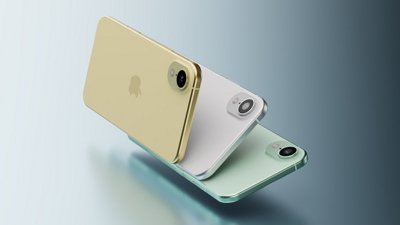
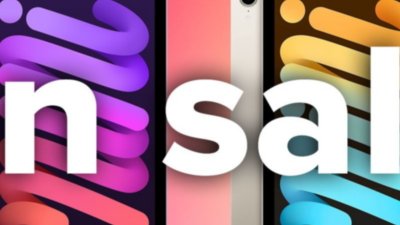
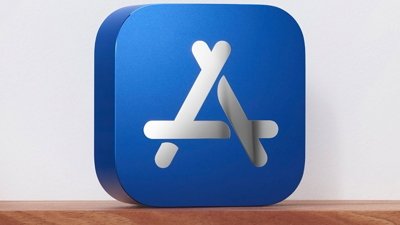
 Amber Neely
Amber Neely
 Andrew O'Hara
Andrew O'Hara








49 Comments
There's even more that that the court has ordered Apple to produce:
"In Grewal’s order, plaintiffs lawyers also won the right to see Apple documents concerning its process of reviewing applications for its mobile devices. The company redacted the information in part, it said, because the information is “incredibly sensitive and valuable and is a closely guarded trade secret,” according to a court filing.
Phillip Shoemaker, Apple’s Director of App Review, submitted a filing in the case last month explaining how disclosure of the review process would jeopardize Apple and “create real risk” to millions of users of its products, according to the filing."
There's even more that that the court has ordered Apple to produce:
"In Grewal’s order, plaintiffs lawyers also won the right to see Apple documents concerning its process of reviewing applications for its mobile devices. The company redacted the information in part, it said, because the information is “incredibly sensitive and valuable and is a closely guarded trade secret,” according to a court filing.
Phillip Shoemaker, Apple’s Director of App Review, submitted a filing in the case last month explaining how disclosure of the review process would jeopardize Apple and “create real risk” to millions of users of its products, according to the filing."
So, what you're pointing out is that Apple takes its users privacy seriously and is trying to protect them as much as possible? Thanks.
Unlike Google who will just give your info to anyone who sticks a junk app in their store. Got it.
Apple needs to offshore it's entire US operation. Pull up stakes, Tim and move Apple Inc. to Puerto Rico.
Unlike Google who will just give your info to anyone who sticks a junk app in their store. Got it.
Yep...
The most popular free apps on Apple's iOS platform are sharing significantly more user data than the most popular apps on Google's Android platform, according to a study recently released by Appthority.
"Appthority's App Report for February 2013 looked at the top performing free mobile apps across both iOS and Android, as free mobile apps are more likely to rely ad networks and analytics companies as a means of generating revenue. Despite Android's reputation as a less secure platform, Appthority found that it was iOS apps that are allowed to engage in more risky behaviors.
http://appleinsider.com/articles/13/03/05/ios-apps-leak-more-personal-data-than-do-android-apps---report
YEA, like some dumbsh@# judge is even going to understand the technical nature of the processes used by companies like Apple. Most of these judges can barely find their way to work.